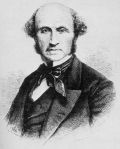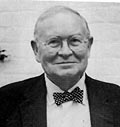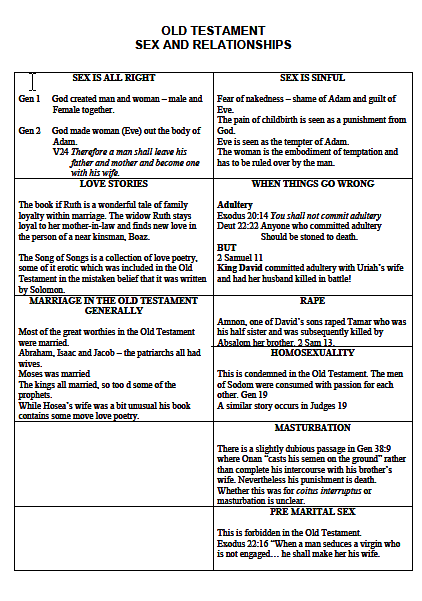UTILITARIANS
The Utilitarians do not support the wild party atmosphere that we might expect.
1. They stressed the importance of pleasure – that one cannot deny.
2. They stressed the importance of firm and informed relationships.
3. They were anxious to avoid the harm principle.
Remember Utilitarianism was the maximising of pleasure or good and the minimising of pain or evil.
1. The importance of pleasure. Consenting adults could behave as they wished. This would have included pre-marital relationships, homosexuality and sexual deviations. These actions would not have been considered wrong in themselves by Utilitarians. Such practices would have been judge on the consequences alone.
2. Firm and informed relationships are an important part of Utilitarian attitudes. If the relationship was not a firm one with both parties agreeing to the action, this would have signalled a wrong act. Utilitarians would not agree to exploitation by one person over another, both inside and outside of marriage. So rape and prostitution would have been condemned.
Sex with children or animals would not have been approved of because such groups would not be considered capable of having an informed opinion.
3. The harm principle is similar to this. Utilitarians would have urged respect for established human relationships. The consequences of extra-marital relationships should be measured against the pain and misery that might be caused to the family.
Jeremy Bentham
On this issue Bentham walked something of a tightrope
He stood by his Utilitarian principle that a moral course of action provided the greatest happiness for the greatest number. – maximising pleasure and minimising pain. He was also aware though of the harm that might be caused to society if men and women behaved in a libertarian manner.
He was sensitive to the abhorrence felt by society as a whole towards unusual sexual acts. Homosexuality even between consenting adults was a criminal offence in England and Wales until 1967.
John Stuart Mill
Mill was seeking to establish a philosophy that would liberate people.
He did not agree with any form of compulsion in sexual relationships. Such events had to be totally free consensual arrangements. Often, even in marriage, this was not the case. Mill championed the right of women.
He also urged people to seek the higher pleasures and indeed he did not consider sex was one of these.
SITUATION ETHICS AND SEX
Joseph Fletcher devised his ethical theory at a time when the nature of sexual relationships in the western world was undergoing a dramatic transformation.
Homosexuals were starting to “come out.”
Divorce had begun to lose the stigma of shame and disgrace.
Couples started to “live together” instead of getting married.
The contraceptive pill meant that couples expected to be able to have sex without the fear of the woman becoming pregnant.
The key phrase in Situation Ethics is agape – unconditional love.
When faced with a decision between right and wrong, the individual must be prepared to do “the most loving thing” – the most considerate thing – the most mutually respectful thing.
Agape unconditional love is a love despite everything. It is not the same as
Eros which is erotic or sexual need. – or even
Philos – brotherly love.
Situation Ethics does not approve of “free love” or irresponsible spontaneous relationships. It seeks equal treatment for everyone who acts out of love.










